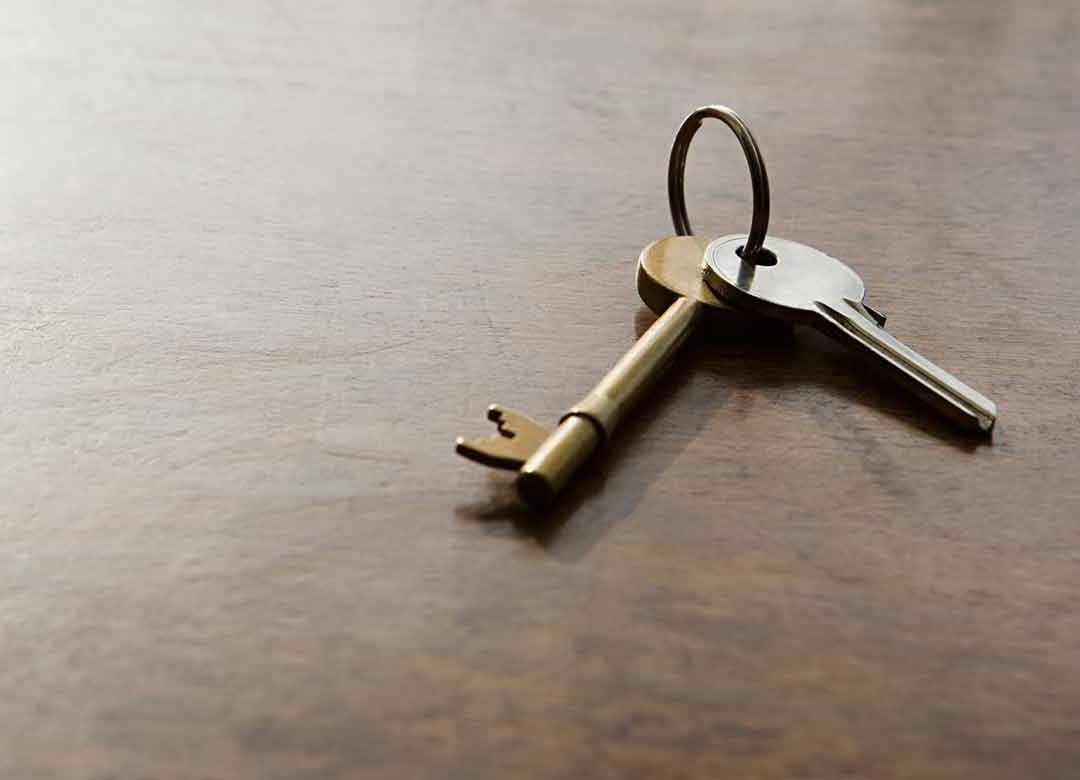Auctions vs. private sale: What buyers need to know - NAB
Understanding your buying options
Most homes in Australia are sold either at auction or through a private sale. Each method has its own process, timeline and requirements. That’s why knowing the basics of how auctions and private sales work is important, as it can help you prepare for what to expect as you start your property search.
Buying your home at an auction
Auctions are public events where interested buyers gather, either in person or online, and place bids on a property. The auctioneer manages the bidding, and the property is sold to the highest bidder, if the final bid meets or exceeds the seller’s reserve price. Here are a few things to keep in mind:
- The house sale in an auction is unconditional. So, if you’re the winning bidder, you’ll need to sign the contract and pay a deposit right away.
- There’s no cooling-off period, so you can’t change your mind after the auction is over. That’s why you need to have your finances organised before auction day.
- Getting a home loan pre-approval is essential to ensure you know exactly how much you can spend and don't get caught out on auction day
- The auction process is usually fast and competitive. All bids are made openly, so you can see what other buyers are offering. This can make the price go up quickly, and sometimes properties sell for more than expected.
Ideally, you should have inspected the property before the auction. In case you’re in the market to buy, we’ve put together a home buying checklist to help you proceed with confidence.
Buying at a private sale
A private sale can be a more flexible way to buy a home. Instead of bidding in public, you make an offer to the seller, usually through their real estate agent. The seller is free to accept or reject it or come back with a counteroffer. This can involve some back and forth and take a few days or longer depending on how long negotiations go. Here are a few things to keep in mind:
- In a private sale, there may be a cooling-off period. This means, as the buyer, you have a short window of time to change your mind (if needed).
- The length of the cooling-off period can vary depending on your state or territory. This offers you time to review the terms or reconsider your finances.
- If you do make an offer, you can make it subject to finance and pest and building inspections.
- You can use this time to also explore loan options or speak with a banker.
Private sales can feel less pressured than auctions, however they do come with uncertainty. Still, for some buyers, the extra time and flexibility may make it a better fit.
What to know before you buy
Whether you’re purchasing at auction or through a private sale, understanding your budget and long-term costs is an important part of the process.
Affordability
Budgeting tools and calculators can show how your income, expenses and savings affect your borrowing power. These tools can help you budget for upfront and ongoing costs.
Build financial literacy
Financial literacy resources can support your decision making. Learning about saving and budgeting, bucketing, loan terms like LVR and LMI, can be useful whether you’re buying now or for the future.
Plan for the unexpected
Unexpected costs can come up during or after buying a home. Having a financial buffer can reduce stress and help you stay on track. Learn how to build an emergency fund.
Buying a home at an auction vs. private sale
Auctions are fast-paced events where buyers compete publicly and the property is sold to the highest bidder if the reserve price is met. Private sales, in contrast, involve direct offers to the seller, allowing for private negotiations and greater flexibility. Both methods have unique advantages and challenges, depending on your preferences, financial readiness, and comfort with negotiation styles. The table highlights the key differences between the two.
| Feature | Auction | Private sale |
|---|---|---|
| Speed | Fast process, often completed in minutes | Slower, with time for negotiation |
| Transparency | All bids are public | Offers are private |
| Flexibility | No cooling-off period | Cooling-off period may apply |
| Pressure | High-pressure environment | Less competitive, more time to decide |
| Price certainty | Final price set by bidding | Price negotiated between buyer and seller |
It’s also worth remembering that even if a property is going to auction, you may be able to negotiate with the vendor and make an offer prior. It’ll mean that your offer needs to be strong enough to influence the vendor to sell before the auction. Some buyers also wait for a property to pass in at auction, which can create an opportunity to negotiate privately with conditions such as finance approval or inspections.
When each method works best
How to continue your journey
Once you understand the difference between auction and a private sale, the next step is preparing for the buying process. This includes organising your finances, saving a deposit, researching government grants and schemes, reviewing your loan options and knowing where to get help when you need it. If you have questions or want to walk through your options, speaking with a home loan expert can help clarify next steps.
Ready to purchase your home?
Talk to our home loan experts today.
Explore other home and property guides
First home buyer’s guide
Our easy step-by-step guide to buying your first home.
How much do you need for a house deposit
Tips to help you save a deposit for a home loan.
Types of home loans
We explain all of our different loan types and packages.
Related products and services
Home loans
Home loans for every need with tools, calculators and guides to help you choose.
How much can I borrow?
Get an estimate of how much you can afford to borrow for your home.
Home loan repayment calculator
Compare your loan amount with other factors to estimate your minimum loan repayments.
Contact us for home loan related queries
This is how you can get in touch.
Start a conversation with a banker
- Log into either NAB Internet Banking or the NAB app.
- Tap on the message icon.
- Type ‘speak to a person’ in the conversation window.
Call us
Speak to a home loan expert about a new or existing home loan.
Monday to Friday, 8:00am to 7:00pm (AEST/AEDT)
Saturday to Sunday, 9:00am to 6:00pm (AEST/AEDT)
Book an appointment
Make an appointment to see us at your nearest branch, ask a mobile banker to come to you or ask us to call you back.
Terms and Conditions
Apologies but the Important Information section you are trying to view is not displaying properly at the moment. Please refresh the page or try again later.
The information contained in this article is intended to be of a general nature only. It has been prepared without taking into account any person’s objectives, financial situation or needs. Before acting on this information, NAB recommends that you consider whether it is appropriate for your circumstances. NAB recommends that you seek independent legal, financial and taxation advice before acting on any information in this article.
Target Market Determinations for these products are available at nab.com.au/TMD.




